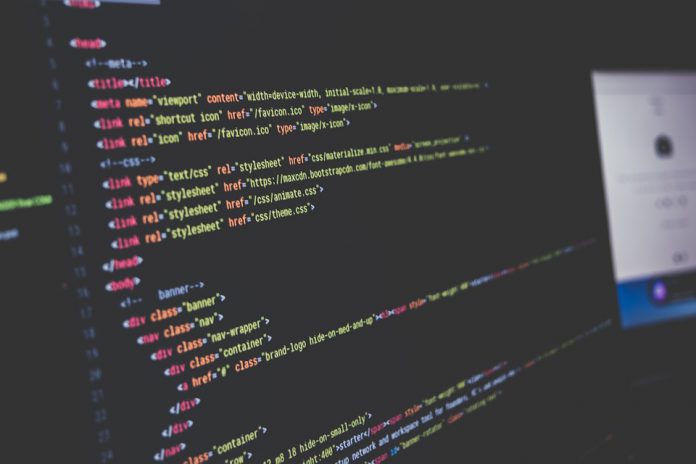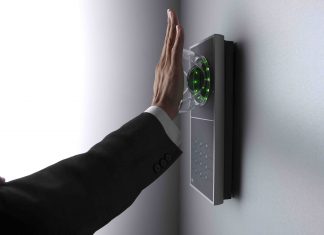UiPath, a robotic process automation developer, has reportedly closed a $120m investment, at a valuation of over $1bn.
The company raised the Series B from both existing and new investors, with Kleiner Perkins Caufield Byers believed to have taken part according to a report by TechCrunch, which cites various sources close to the company.
New York-headquartered UiPath develops RPA solutions, using cognitive AI and predictive analytics to support companies with process automation. The solution is implemented by a range of industries including, finance and banking, insurance, healthcare, the public sector, telecom, manufacturing and BPO.
The company’s technology can be implemented for automating accounts payable, claims processing, contact centres, finance and accounting, and healthcare payers. For financial services the company can also ensure the business is in line with regulations, through retail fraud detection, credit assessments and underwriting. It claims to provide process efficiency and lowers costs while ensuring regulatory compliance and deeper analytical insight.
For regulatory compliance, UiPath claims to support compliance offices as a virtual member of the staff, assisting with the ‘repetitive compliance tasks’, and freeing up real staff to ‘focus on compliance responsibilities’ requiring reasoning and judgment.
The UiPath software robot is saved in a central log where it can be monitored regularly, easily accessed in the event of audits, and updated to reflect changes in regulations. It claims to be the answer to the KYC requirements that the FMA, FCA, and SEC are employing. A central repository archives all the logs and can be easily mined by ElasticSearch (its big data analytics platform built right into our robots) for compliance reports, resolutions, audit responses and compliance improvements.
For fraud detection, the company claims to check several internal and external databases for potential clues of any suspicious activity regarding the bank’s client. At the same time, they post this information in a report for the use of a human fraud prevention analyst. In the verification process tied to fraud prevention, banks to reduce the time spent on requests from 45 minutes to 20 minutes, eliminating human involvement, according to company.
Gathering and monitoring the information needed for fraud detection is a laborious process for employees if done manually, However, the RPA software robots claim to reduce the employee involvement needed, by tracking bank account and credit card activity in real-time. By identifying data patterns, RPA can assess customer risk and predict fraudulent activity.
Capital from the latest funding round will be used to further growth of the company and product, the article said. The company’s previous funding round was a $30m investment, which valued the company at $109m, the report states.
Copyright © 2018 RegTech Analyst
Copyright © 2018 RegTech Analyst









